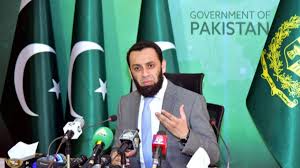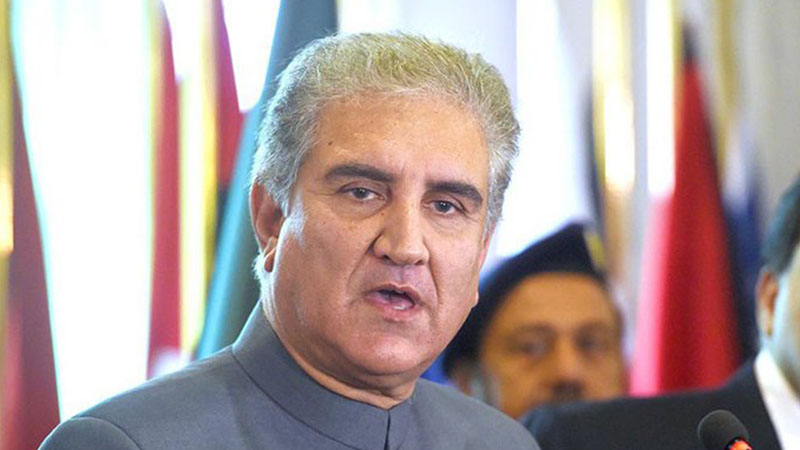The Chief Minister of Sindh Murad Ali Shah presented a Rs 1.24 trillion provincial budget for the fiscal year 2020-21, the budget deficit is Rs 18.32 billion, here on Wednesday.
Pakistan Peoples party lead Government of Sindh presented its provincial budget in the Sindh assembly, addressing to the budget session the Chief Minister Murad Ali Shah said that no new tax has been introduced in budget 2020-21 and the increase in non-development expenditure is restricted to only seven percent.
The Chief Minister said that the non-development expenditure was estimated at Rs968.99 billion while the development expenditure was estimated at Rs232.94 billion and the capital expenditure was estimated at Rs39.19 billion.
Read More: What Pakistanis get in the Federal Budget 2020
According to the CM, total receipts were estimated to be Rs1.22 trillion — federal receipts at Rs760.30 billion (65 percent), provincial receipts at Rs313.39 billion (26.8 percent), capital receipts at Rs25 billion (2.1 percent) and other receipts at (FPA & PSDP) Rs69.05 billion (5.9 percent).
Murad further explained that the increase in non-development expenditure was mainly due to provision of ‘COVID-related pro-poor’ Social Protection and Economic Sustainability package of Rs34.2 billion and rise of Rs19 billion in the health sector and Rs22.9 billion in the education sector.
He added that austerity measures from the non-development budget have created space for the development budget.
He further elaborated that the overall federal receipts are reduced by Rs71.72 billion which constituted nine percent of the current financial year 2019-20.
“The overall provincial receipts are estimated at Rs313.4 billion which is nine percent higher than a current financial year,” he stated.
Read More: Budget 2020 – 21: Hammad Azhar presents federal budget of Rs 7,294.9 bln in National Assembly
“Despite a pandemic challenge, economic slowdown and sluggish revenue targets, the Sindh government has introduced in budget 2020-21 COVID-related pro-poor Social Protection and Economic Sustainability Initiatives worth Rs34.2 billion.
The key sectors include social welfare, agriculture, industries and investment.
The chief minister announced that Rs3 billion were earmarked for poverty alleviation programme for small business in the urban areas, Rs2 billion proposed for poverty alleviation programme for small farmers in rural areas, Rs20 billion is estimated for cash transfer under the `Sindh Peoples Support Programme’.
Rs1 billion allocated as a Subsidy for Quality Rice Seeds’ to small farmers, Rs1 billion forSubsidy for Fertilizers’ to small farmers, Rs1 billion is allocated as a “Subsidy for Pesticides” to small farmers, Rs5 billion is allocated for `Soft Loans Programme’ for small and medium enterprises through Sindh Bank, while Rs700 million is proposed for Support of IT Technology Interventions & Innovative Solutions and Rs500 million is earmarked for Supporting Technology-based Startups – Incubators & Accelerators.
The agriculture department budget has been increased by 40 percent to Rs14.84 billion mainly due to subsidy package for small farmers and locust Control.
“The Sindh government has allocated Rs440 million for locust control,” Shah stated.
The health department budget has been raised by 16.1 percent to Rs.139.18 billion to counter Covid-19 pandemic and infectious diseases. Health Risk Allowance at the rate of one basic pay will be provided to all health personnel including postgraduate and house job officers engaged in Covid-19 cases with effect from March 2020.
The chief minister said that the education budget is augmented by 10.2 percent to Rs.243.14 billion for quality education and to cope up the post-pandemic academic challenges
He said that the grant to local councils has been increased by five percent to Rs.78 billion in the next budget.
The chief minister further said that 2,500 youth will be trained in various employable trades through the private and public sector. Training opportunities to 70,000 youth reference to Covid-19 scenario will be provided.














































